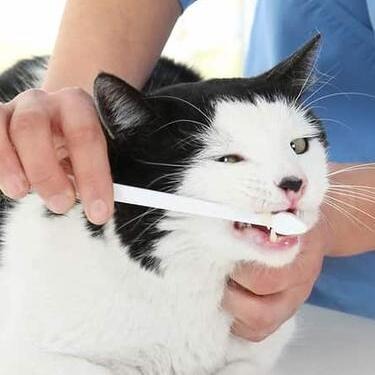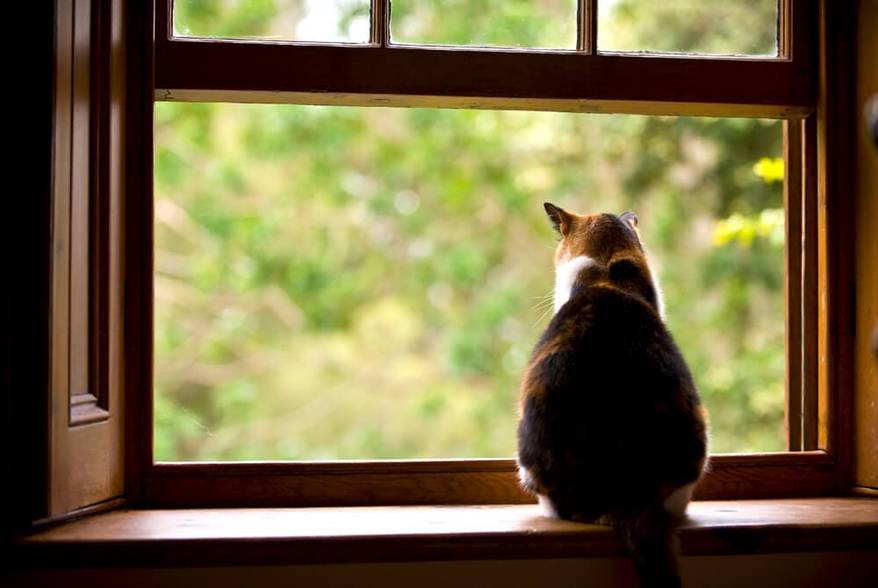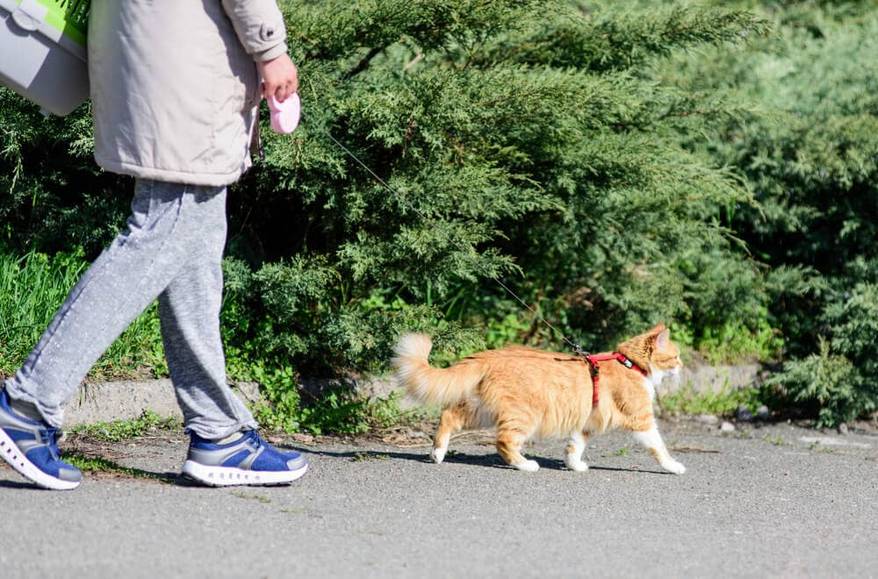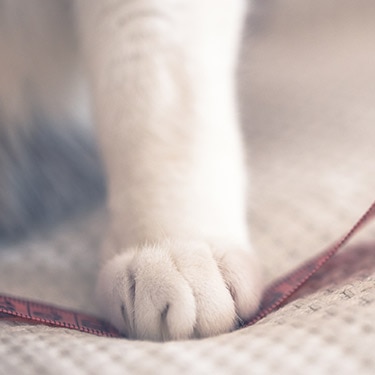
-
Find the right food for your petTake this quiz to see which food may be the best for your furry friend.Find the right food for your petTake this quiz to see which food may be the best for your furry friend.Featured productsFeatured products
-
Dog
- Dog Tips & Articles
-
Health Category
- Weight
- Food & Environmental Sensitivities
- Urinary
- Digestive
- Joint
- Kidney
-
Life Stage
- Puppy Nutrition
- Adult Nutrition
- Senior Nutrition
Cat- Cat Tips & Articles
-
Health Category
- Weight
- Skin & Food Sensitivities
- Urinary
- Digestive
- Kidney
-
Life Stage
- Kitten Nutrition
- Adult Nutrition
Featured articles Pet Dental Health: What Happens During a Deep Teeth Cleaning?
Pet Dental Health: What Happens During a Deep Teeth Cleaning?Learn about veterinary dental care for your pet, including deep teeth cleaning procedures, which can help your dog or cat maintain proper dental health.
Read More Virtual Vet Visits: What You Need to Know
Virtual Vet Visits: What You Need to KnowLearn the ins and outs of a televet appointment before you talk to a vet online.
Read More My Pet Ate a Lizard — What Should I Do?
My Pet Ate a Lizard — What Should I Do?Learn what to do if your pet eats a lizard, including whether they can be toxic and symptoms to keep an eye on when they've swallowed one.
Read More -


During your evening stroll around the neighborhood, you may have noticed more and more pet parents walking a cat on a leash. But before trying this out with your own fur baby, assess whether it's something they might enjoy. After all, walking a cat isn't like walking a dog. If you decide you're ready to learn how to teach a cat to walk on a leash, you can take steps to help them adjust — and hopefully, enjoy taking a stroll with you.
Should You Walk Your Cat?
Veterinarians and wildlife and animal welfare experts agree that cats should live indoors. It's safer for your cat, and it helps protect wildlife such as birds and reptiles. While some cats seem to have no desire to set foot outside, others are clearly curious about the world beyond your windows. Taking your cat on a walk with the security of a harness and leash can be a great way to help satiate your feline friend's curiosity and provide them with mental stimulation and a little exercise. Here are some factors to consider that may influence whether walking your cat on a leash is right for you and your pet.

Personality
You know your cat's personality best. Are they curious about new things? Do they love to sniff and rub their face all over new items you bring into the home? Is one of their favorite forms of entertainment looking out the window? Then they might enjoy a walk. If your cat is shy, shows little interest in what's going on in the outside world and isn't particularly curious about checking out new things, they may be content to stay right where they are.
Age
Kittens are more likely to enjoy a walk because their preferences and behaviors are still being shaped. The ideal socialization window for a kitten is from about 3 weeks to 3 months old, during which they're more accepting of new experiences. Some older cats can be trained with patience, but if you think you'll want to walk your cat, it's best to start them young.
Breed
Are certain cat breeds more amenable to walking? Not necessarily. But you should be aware that the great outdoors can be full of allergens, and some breeds, such as Bengals, Abyssinians and Devon Rexes, may be more prone to grass or pollen allergies. The common domestic shorthair cat can also develop allergies, however. Cats with flatter faces, such as Persians, can't tolerate heat and humidity like other breeds can. If you're taking your cat outside and you notice them itching or developing scabs, put the walks on hold and talk to your vet.
Walking Your Cat: How to Get Started
The first step to taking your kitty for a stroll is to select your equipment. Look for a secure harness made for cats with a ring on the back to attach to a leash. Never attach the leash to their collar or anything that fits around their neck. When in doubt, ask your vet or store personnel for help with size and fit. Have fun with it! Leashes and harnesses come in lots of different colors, patterns and materials that can reflect your cat's unique personality.
Just as you would when transitioning to a new food or introducing a grooming practice to your cat's usual routine, start slowly. Set out the harness and leash on the floor for the first day or two so your cat can sniff and play with them and become accustomed to their new supplies. Allow them to wear their harness around the house before giving it a test drive outside. You can also practice with the leash by leading them indoors to help get them comfortable with the feeling. Gauge your cat's interest. If they don't seem excited about it at first, try it a couple more times. Sweeten the deal and encourage positive associations by giving them a special treat after each time you suit them up in their harness.


Tasty Tips

Best Practices and Considerations
When it's time to take your cat outside for a stroll, keep the following things in mind before you leave home:
- Always make sure they're wearing a properly fitted collar with an updated ID tag. It's also a good idea to look into microchipping your cat if you plan to take them outdoors so you can find them in the event they get lost.
- Confirm your cat is up to date on flea, tick and heartworm medicine. This is a good idea for all cats, but it's especially crucial for kitties going outdoors.
- Consider the weather. A cat who's used to sitting in a 70-degree Fahrenheit home all day probably isn't prepared for cold winter walks. The same can be said of rain.
- Keep your cat on a short leash. Chances are you'll meet people out walking their dogs, and this will help keep your cat safe from any unwanted encounters. It will also help keep them out of range of any wildlife that might pique their interest.
- Try a cat stroller. While your cat won't get the same exercise, this method still offers a great bonding opportunity and provides your cat with a little fresh air and excitement. Make sure that your cat is secure in the stroller and that they're wearing their collar with ID tags.
When you take your cat outside for the first time, keep it brief. Just a few minutes at a time will do until they're comfortable with being outside. They'll most likely perform what many pet parents refer to as the "cat flop," where they go limp and refuse to move. That's OK — giving your cat time and space will help you understand if walking them is worth the time and effort. "If your cat is stalling or crouching on a walk or tries to escape [they] might be scared," explains the SFSPCA, "and going for walks is not a good way of enriching a fearful cat's life." Pay close attention to your cat's body language and never force it.
If you think your cat is up for the challenge — you know them better than anyone — walking a cat is a great way for both of you to get some exercise. As long as you keep their health, comfort and security top of mind, you might just become the next pet parent-cat duo walking down the block.


Christine O'Brien is a writer, mom, and long-time cat parent whose two Russian Blues rule the house. Her work also appears in Care.com, What to Expect, and Fit Pregnancy, where she writes about pets, pregnancy, and family life. Find and follow her on Instagram and Twitter @brovelliobrien.
Related products
Related articles

What is the best food for an overweight cat? Learn all about weight control food for cats, including what's in it and how it works.

How do you get a cat to lose weight? Learn all about cat foods for weight loss, including how to choose weight control cat food and exercise tips.

What is the best food for an overweight cat? Learn all about weight control food for cats, including what's in it and how it works.

Discover how to identify cat sensitive skin and what you can do to help your cat thrive from head to paw.

Put your cat on a diet without them knowing
Our low calorie formula helps you control your cat's weight. It's packed with high-quality protein for building lean muscles, and made with purposeful ingredients for a flavorful, nutritious meal. Clinically proven antioxidants, Vitamin C+E, help promote a healthy immune system.
Put your cat on a diet without them knowing
Our low calorie formula helps you control your cat's weight. It's packed with high-quality protein for building lean muscles, and made with purposeful ingredients for a flavorful, nutritious meal. Clinically proven antioxidants, Vitamin C+E, help promote a healthy immune system.

